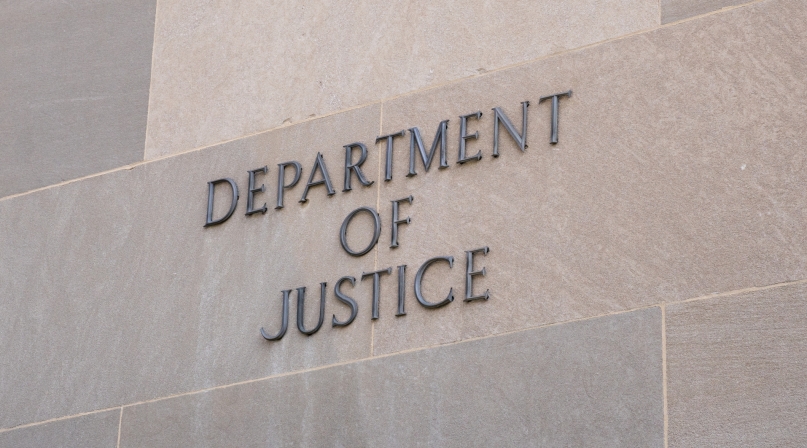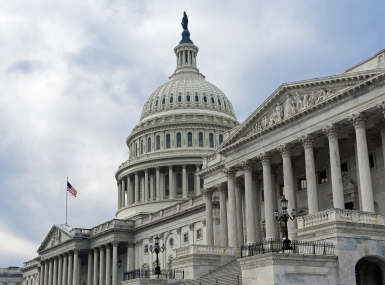DOJ issues final rule for state and local governments to implement web-based accessibility standards
Author

Maxx Silvan

Seamus Dowdall
Upcoming Events
Related News

Key Takeaways
On April 8, the U.S. Department of Justice (DOJ) announced the release of a final rule which seeks implementation of Title II of the Americans with Disabilities Act (ADA) on web-based government services provided by state and local governments.
What does this final rule require?
The final rule lays out the details for web accessibility requirements and compliance, and standards will adhere to the Web Content Accessibility Guidelines (WCAG) 2.1 Standard, Level AA. The WCAG is a set of guidelines that outlines the parameters around web accessibility, and is developed by the World Wide Web Consortium.
Like the proposed rule released last August, the final rule includes exceptions for the following categories of web content:
- Archived web content
- Preexisting conventional electronic documents
- Web content posted by third parties on a county's website
- Third-party web content linked from a county's website
- Course content for specific students in public postsecondary institutions
- Class or course content for specific students in public elementary or secondary schools
- Conventional electronic documents related to specific individuals, their property, or their accounts, and are password-protected or secured
If a county's web content falls under these exceptions without limitations, they do not need to conform to the WCAG 2.1 Level AA standard. However, if a limitation applies, compliance with the proposed rule's accessibility requirements becomes necessary.
When must counties comply with this rule by?
Counties with a total population of 50,000 or more need to comply within two years of the final rule's publication. Counties with a total population of less than 50,000 need to comply within three years of publication.
The rule also creates a provision which states that compliance with WCAG 2.1 Level AA is not mandated if it results in undue financial and administrative burdens or fundamentally alters the services, programs, or activities of the county.
NACo supports the ADA and initiatives pertaining to nondiscrimination based on disability. However, the final rule projects a cost of up to $1 billion in total to counties, which may prove onerous for under-resourced counties. The cost figure for compliance accounts for initial rule familiarization, necessary remediation, and ongoing compliance with the accessibility requirements going forward.
To help counties familiarize with the rule and to answer questions, NACo will host an informational webinar on the final rule on May 6, 2024 from 2:00-3:00 p.m. EDT. NACo members can register for the webinar here.
Related News

Congressional leaders introduce new legislation for a national data privacy framework
On April 7, U.S. House Energy and Commerce Committee Chair Cathy McMorris Rodgers (R-Wash.) and U.S. Senate Commerce, Science and Transportation Committee Chair Maria Cantwell (D-Wash.) introduced the American Privacy Rights Act.

County Countdown – April, 22, 2024
Every other week, NACo’s County Countdown reviews top federal policy advocacy items with an eye towards counties and the intergovernmental partnership.

Congress deliberates the future of the Affordable Connectivity Program
On January 10, the bipartisan Affordable Connectivity Program Extension Act of 2024 was introduced in the U.S. House of Representatives.
Webinar
Overview of the U.S. Department of Justice Final Rule on Web Accessibility for State and Local Governments
This webinar will include important details on forthcoming compliance requirements for web-based local government services, and outline other key implications for counties.
